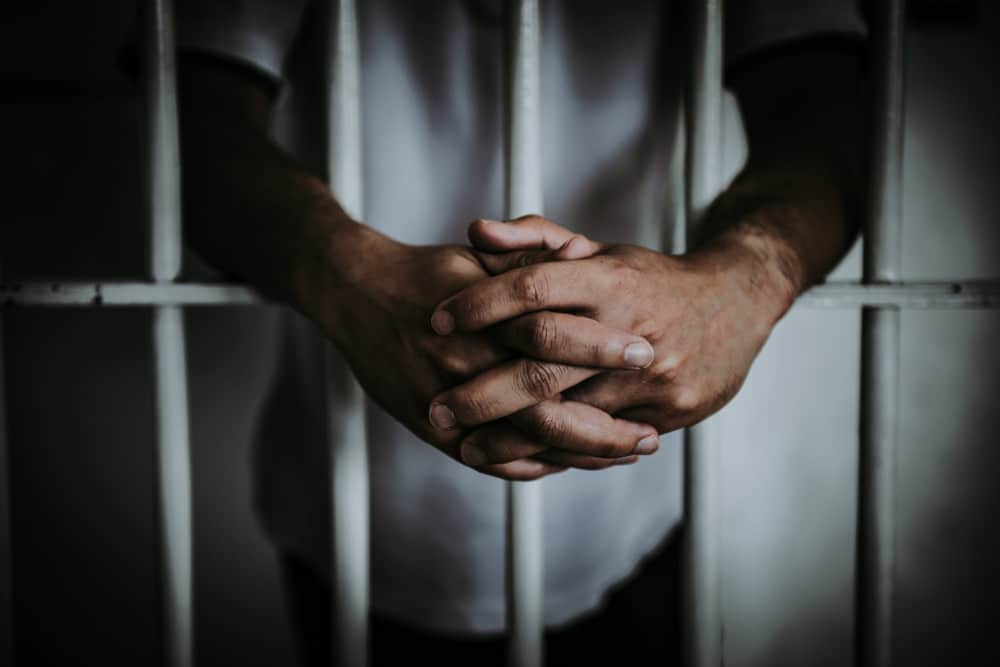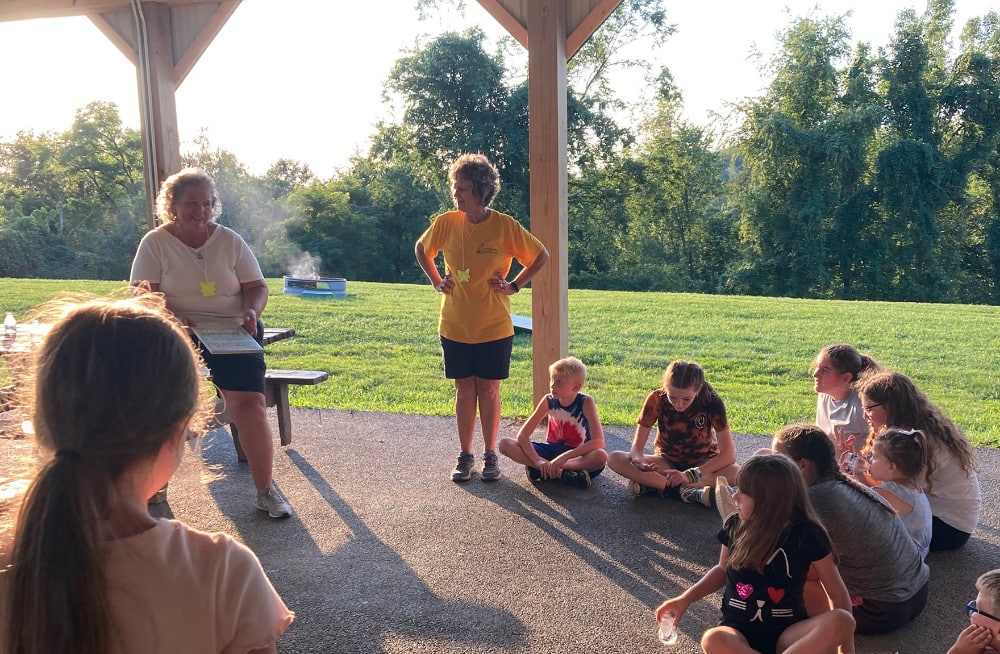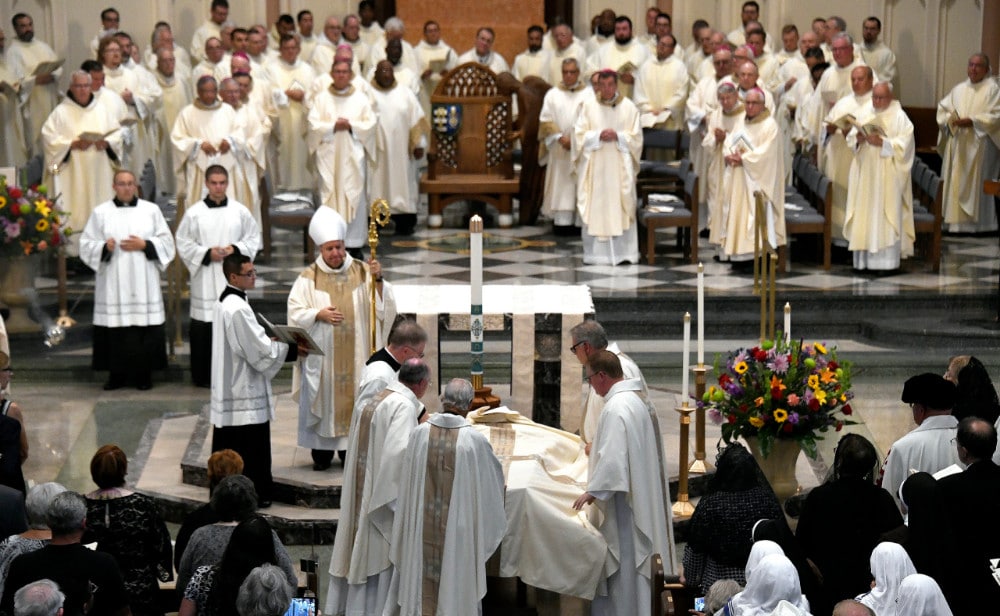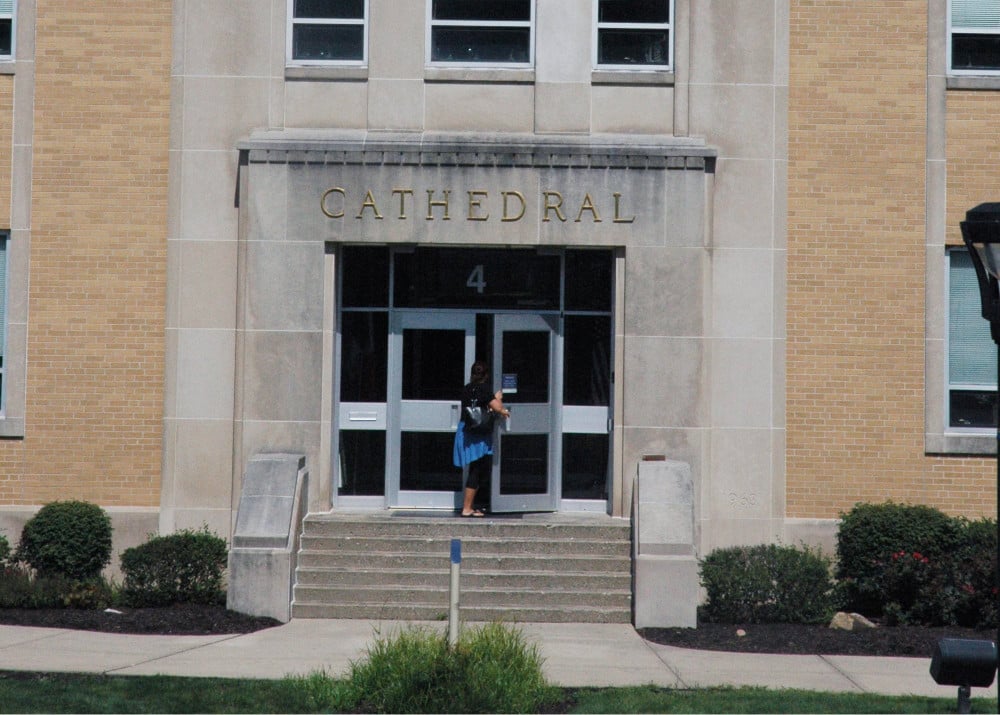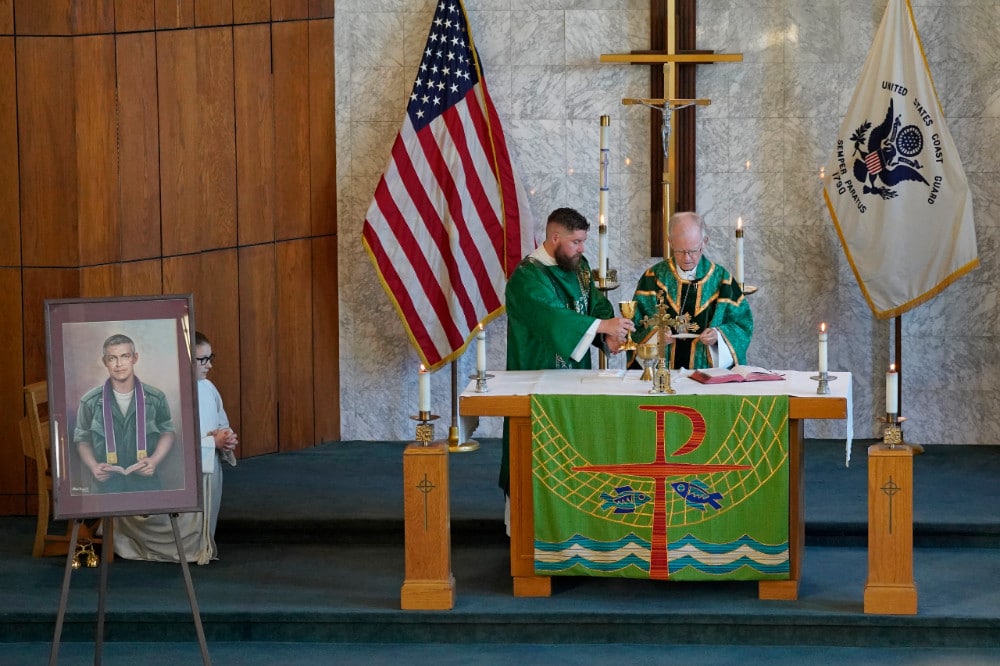In a video to promote his monthly prayer intention, Pope Francis on Wednesday called for prayer and action to end capital punishment in nations across the world, including the United States, where more than 2,400 incarcerated men and women are held on death row.
Pope Francis asked mankind to pray “that the death penalty, which attacks the dignity of the human person, may be legally abolished in every country.” The video was produced by the Pope’s Worldwide Prayer Network in conjunction with Catholic Mobilizing Network, an organization based in Washington, D.C., whose mission is to end capital punishment.
“Each day, there is a growing ‘no’ to the death penalty around the world. For the Church, this is a sign of hope,” Pope Francis said. “From a legal point of view, it is not necessary. Society can effectively repress crime without definitively depriving the offenders of the possibility of redeeming themselves.”
The pope asserted, “In the light of the Gospel, the death penalty is unacceptable. The commandment, ‘Thou shalt not kill,’ refers to both the innocent and the guilty.”
Krisanne Vaillancourt Murphy serves as the executive director of Catholic Mobilizing Network, which is leading the American effort throughout the month to carry forth the anti-death penalty message by Pope Francis.
“Capital punishment in the U.S. has its origins in slavery, lynching and Jim Crow segregation,” Murphy told to Our Sunday Visitor. “The practice had historically been used as an instrument of racial control, particularly among Black populations. This antiquated practice is rooted in notions of vengeance and revenge. We ought to seek restorative approaches to justice that honor the dignity of every person — no matter the harm one has caused or suffered.
“We must prioritize the needs of the victim, promote accountability and seek healing for all parties who are affected by crime and harm. Like Pope Francis’ prayer suggests, there must always be a window of hope. Killing in response to killing is not only unjust and immoral, it denies the perpetrator the opportunity to seek repentance,” Murphy said.
Anti-death penalty efforts, which have been ongoing in America since the mid-20th-century, can now seek inspiration from the pro-life movement’s fight — and recent victory — to overturn Roe v. Wade.
Our Sunday Visitor posed the question of the similarity of the causes to Archbishop Paul S. Coakley of Oklahoma City, chairman of the U.S. Conference of Catholic Bishops’ Committee on Justice, Peace and Human Development.
“The Church’s leadership toward an eventual repeal of the death penalty across the United States probably will mirror the paths that led ultimately to the end of slavery and to the repeal of Roe v. Wade this year,” Archbishop Coakley responded. “At its core, much like those issues, is a challenge that requires a change of culture and of heart. Despite our nation’s Judeo-Christian roots, the legacy of the death penalty is one rooted in a punitive frame of mind rather than one aimed at redemption and restoration.”
Oklahoma recently executed the first of 25 inmates it has scheduled to be put to death over the next two years.
“In places like my own state of Oklahoma, much education and expense must be invested to remind the faithful of what Jesus admonished, ‘Blessed are the merciful,’ the archbishop told Our Sunday Visitor. “We are encouraged, however, that a sizable demographic shift is already taking hold. Recent polls have shown younger generations oppose the death penalty by as much as 80%. This gives us hope that our work to continue our fight for the sanctity of all life will bear much fruit, perhaps sooner than we think.”
California has the largest death row population in America, totalling 699 people. Florida is second with 338, and Texas follows with 198 individuals, according to Catholic Mobilizing Network. Florida leads the nation with 30 executions since 1976.
“The effort to abolish the death penalty in the United States is not new but rather an often overshadowed pro-life effort,” Murphy said. “Pro-life values are meaningless when they are inconsistent. The sanctity of human life applies to all people, including the innocent and the guilty. The Catholic Church teaches that every life is endowed with a God-given dignity and that this ‘dignity of the person is not lost even after the commission of very serious crimes.’ All Catholics are called to build a culture of life, and this includes abolishing the death penalty.”
In the wake of the May 14 mass shooting that targeted Blacks in a Buffalo supermarket, the Washington Post reported that among White Americans who believed abortion should be outlawed, more than half thought the death penalty was underused as a punishment. Our Sunday Visitor asked Murphy how this renewed effort in accord with Pope Francis’ call for prayer and action can cross America’s racial divide on the issue.
“CMN’s mission is to end the death penalty and promote restorative justice in the United States, which means confronting the misuse, imbalance or abuses of power and racial injustices that deny people their God-given dignity,” Murphy said. “Given the context of the issues CMN works on, we naturally contend with institutionalized racism that is rampant in the broken U.S. criminal justice system. This is an undercurrent to our work. The death penalty disproportionately affects Black and Brown Americans, and evidence shows that the chances of receiving a death sentence significantly increase when the victim is white. Our work to end the death penalty and to build a culture of life is rooted in addressing these racial disparities and historical harms.”
Joseph R. LaPlante writes from Rhode Island.

